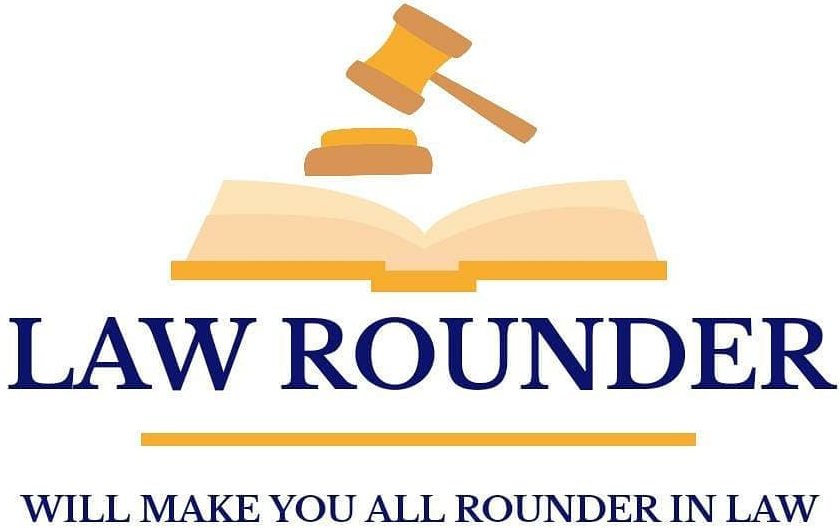
Case Analysis
PETITIONER:VINEET NARAIN & OTHERS Vs. RESPONDENT:UNION OF INDIA & ANOTHER DATE OF JUDGMENT: 18/12/1997 BENCH:S.P. BHARUCHA, S.C. SEN
Facts:
As in this case there is an arrest of an officer of the terrorist outfit Hizbul Mujahideen revealed bribery payments made to high ranking Indian politicians and bureaucrats by the terrorists outfit known as the historic Hawala Scandal there was nothing done post the discovery in terms of a substantial investigation. The present writ petition were filed in the public interest under Article 32 of the Indian constitution alleging the failure of Central bureau of Investigation (CBI) to initiate investigation of officials with the apparent intent of protecting implicated individuals who are extremely influential and powerful in the government.
Question of Law?
So, the question that was raised in this case is whether any judicial remedy is available in a situation of delay in investigation by CBI which is under the control of the executive in matter to accusations against high dignitaries?
Held:
The Supreme Court for the first time in its judgment took cognizance of the nexus between high ranking politicians bureaucrats and criminals. Explaining the rationale behind the judgment, the court expressed an urgent need for insulation of investigation agencies form any outside influences.
“This is the occasion for us to deal with the structure, constitution and the permanent measures necessary for having a fair and impartial agency. The faith and the commitment to the rule of law established by all concerned in these proceedings is the surest guarantee of the survival of democracy of which rule of law in the bedrock. The basic postulate concept of equality:” Be you ever so high the law is above you”, has governed all steps taken by us in these proceedings”
As regards to the scope of the petitions and affirming the remedial role the judiciary can play in such cases, the court said that anyone against whom there is reasonable suspicion ought to be treated equally and similarly under the law, which the court said, the agencies had failed to do and therefore a scheme giving much needed insulation was imperative. So, in this case court issued certain guidelines to ensure the autonomy and independence of CBI and called for transparency in the selection of the CBI Director put the Central Vigilance Commission (CVC), an independent government agency intended to be free from executive control or interference in charge of the CBI. The directive removed the CBI from the supervision of the Central Government thought to be partly responsible for the inertia that contributed to the CBI’s previous lack of urgency with respect to the investigation of high ranking officials. The CVC was now responsible for ensuring that allegations of corruption against public officials were thoroughly investigated regardless of the identity of the accused and without interference from the Government. It also issued guidelines to ensure independence and transparency of the CVC, giving it statutory status.
The court also gave directions to the Enforcement Directorate, Nodal agency and Prosecution Agency to ensure effective working and transparency. The court exercised its jurisdiction to monitor implementation of the guidelines pronounced in the light of an absence of legislative policy on public corruption.
Analysis of the Case:
So in this case a new commission i.e. Central Vigilance Committee (CVC) has been formed as it was looking that CBI has not been working in correct manner and there has been complaints that there has been biased investigation in this case. So, they came in front and looking at the situation a new commission has been formed. So, by looking at this case it was necessary to form a commission that has been free from executive controls or any kind of government interference these independent agencies will work with the clear mind and without any kind bias behaviour because there has been cases where public officials were taking bribe these agencies will play a big role in cases related prevention of money laundering because there might be chance that government agencies would not be able to work with the clear time and it was rightly done by the Supreme Court to come and form the independent agency. Effectively addressing public corruption is essential for the sustainable realization of economic and social rights since the impact of corruption often overlaps with violations of economic and social rights. This case is thus a step in the right direction in providing a mode of accountability in public life.
This case is also significant because the Supreme Court liberally interpreted its powers under the Constitution to devise various innovative procedural techniques. These include: the appointment of amicus curiae to provide assistance to the court on legal issues: exercising supervisory jurisdiction to monitor implementation, and delivering detailed directions to the executive and formulating guidelines to fill a legislative vacuum on the issue of public corruption. This case created public awareness regarding the issue of corruption, and inspired people to engage with the judicial system through the process of public interest litigation (Interview with Vineet Narain, July 2015. He filed this case, and is a prominent journalist and anti-corruption activist.)


